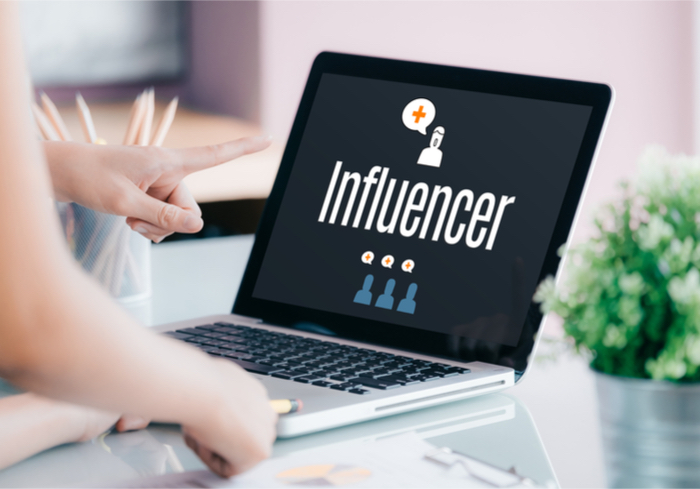Why Hotels Are Collaborating With Social Media Influencers

Hotels have enjoyed the rewards of word-of-mouth marketing for years, but they now face a challenge: how can they deal with a deluge of requests from bloggers and influencers wanting to spread the word about their properties in exchange for a stay? Hotels can struggle to keep up with these opportunities, especially if they lack a formalized process to find and manage social media influencers. Companies such as Swayy, however, seek to organize these contributions through one platform and “manage these collaborations in a very clear, organized, [and] transparent way,” Swayy CEO David Gabriele told PYMNTS.com in an interview.
To start working with influencers, hotels make a posting that almost looks like a job advertisement: they tell Swayy where they’d like to promote their hotels along with the photos, videos or other deliverables they would like from an influencer. Once hotels provide Swayy with this information, pre-vetted influencers can apply to a hotel’s posting. And hotels, in turn, can then learn more about an influencer. They can, for example, find out how often they stay in hotels or how they have collaborated with hotels in the past. “They’ll [then] accept or reject the application much like a job advert,” Gabriele said. As a result, hotels no longer have to be reactive to influencer requests — instead, they are actively managing their relationships with influencers.
Who Is An Influencer?
Influencers don’t have to be world-famous celebrities or social media stars with millions of followers. “It’s not just the people who have a large following on social media,” Gabriele said. As he sees it, an influencer is anybody who has an engaged audience — and that could be someone with just 500 or 150 followers. The key, however, is that users are very much engaged with and trusted by their audiences.
In addition, influencers also work across a range of channels, and a hotel might want to work with someone who is active on a particular channel. If they are looking for videos, for example, they might look for a YouTube user. And such efforts serve the needs of many properties. The end goal of hotels is to increase their occupancy, but, in order to do so, they need potential guests to know about their properties. Influencers also bring another benefit to hotels as they can direct potential guests to a hotel’s social media channels — places where hotels can indefinitely market to guests for free.
The Power Of The Influencer
In terms of other benefits, influencers are powerful because of the relationships they have with their followers. An influencer’s trust, credibility and authority serve as a powerful marketing tool — and can be seen to consumers as a welcome departure from traditional forms of advertising. Platforms such as radio and television tend to shout at consumers, according to Gabriele, and consumers may be tempted to change the channel or turn down the radio when they encounter an ad. By comparison, social media influencers can convey vivid imagery and videos highlighting the best elements of a property in an authentic and subtle way. In all, this form of marketing matches up with the way that consumers want to be engaged by hotels.
When it comes to the booking process, influencers can generate a “wow first” experience that doubles the likelihood of a booking being made. That experience is generated early in the booking process — before a consumer even knows he or she wants to go to a hotel. And that experience may begin in a mundane place: a potential guest might be riding on the subway, for example, and come across an inspiring picture of a video of a hotel on the social media feed of an influencer. To encourage travelers to book a reservation after viewing that content, some properties will provide influencers with a discount code to give to their followers or a link that sends a traveler to a page that highlights a special offer.
The rise of influencers has grown tremendously with Instagram. The popular photo sharing platform provides consumers with travel inspiration through an “authentic experience,” according to Gabriele. And, in a trend that expands beyond Instagram, Gabriele said that more and more consumers are turning to social media and mobile. Hotels, in turn, can take advantage of this growing audience by using influencers to reach out to potential guests — with a little help from software to manage their efforts.